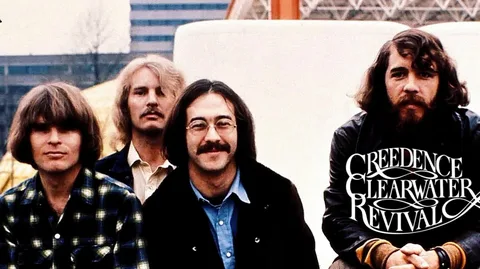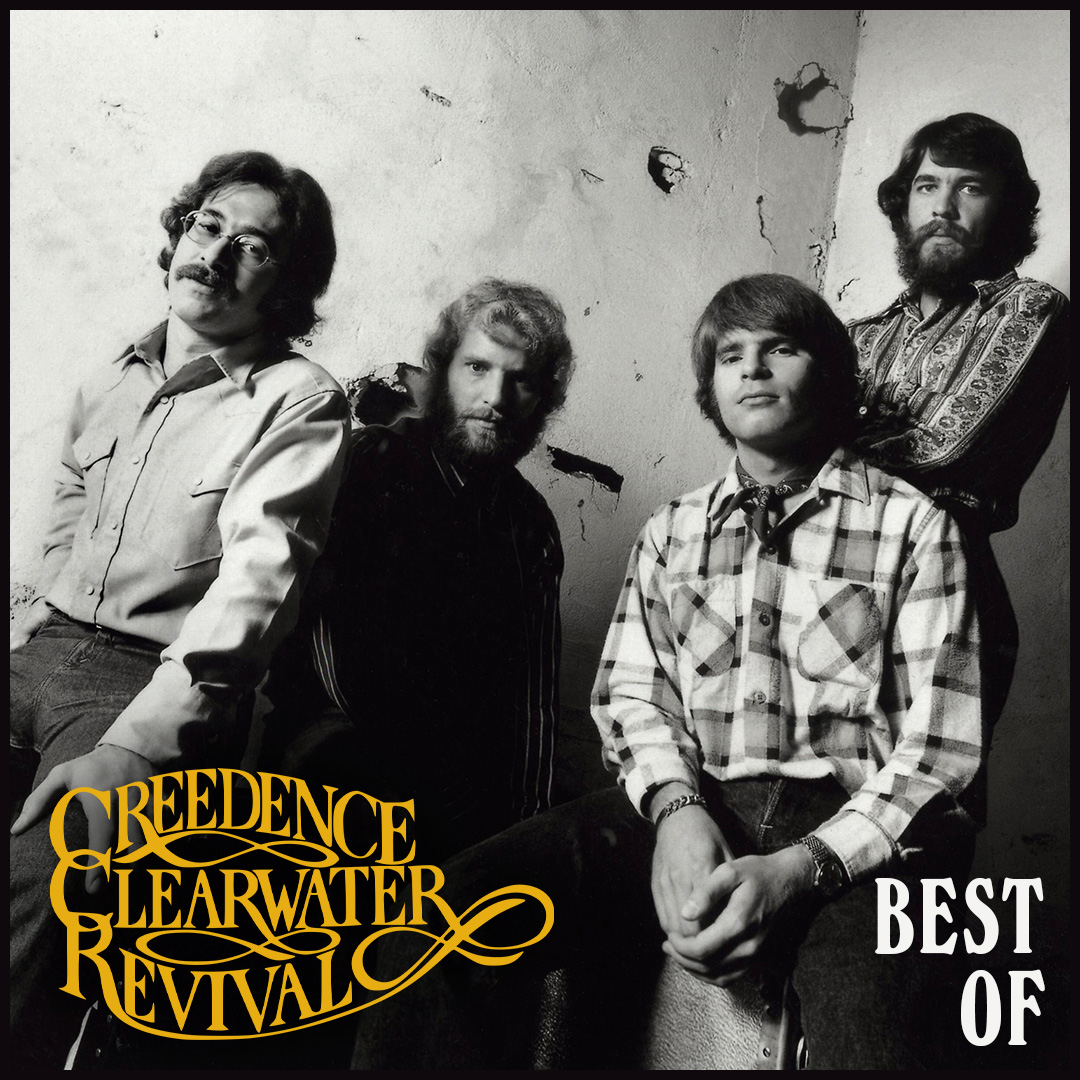
A Nostalgic Ode to Heartbreak and Resilience
The Creedence Clearwater Revival (CCR), known for their swampy, Southern rock sound and poignant lyrics, delivered a raw and soulful performance in their rendition of “My Baby Left Me.” This track, although not as mainstream as some of their other hits, captures the quintessential spirit of the band and showcases their ability to convey deep emotion through music. Originally written and recorded by blues legend Arthur Crudup, “My Baby Left Me” found new life and vigor in the hands of CCR, echoing the universal theme of love lost and the resilience required to endure such heartache.
When CCR released “My Baby Left Me,” it wasn’t meant to be a chart-topping single but rather a profound expression of the band’s musical roots and influences. It was included in their 1973 album “Mardi Gras,” which was the last studio album released by the band before they disbanded later that year. While the album itself reached number 12 on the Billboard 200 chart, “My Baby Left Me” stood out as a testament to CCR’s ability to infuse traditional blues with their unique rock flavor, creating something both nostalgic and invigorating.
The story behind “My Baby Left Me” is one that resonates with anyone who has ever experienced the sting of heartbreak. The song narrates the tale of a lover left behind, grappling with the void that follows an unexpected departure. It’s a raw depiction of sorrow, yet there is an underlying current of strength—a testament to human resilience. The lyrics, though simple, are powerful in their repetition, emphasizing the profound impact of loss: “Yes, my baby left me / Never said a word.”
In this rendition, CCR stays true to Crudup’s original intent while embedding their signature sound—characterized by John Fogerty’s distinctive vocals and gritty guitar riffs. The band’s interpretation breathes new life into the song, transforming it into a timeless piece that speaks to generations across decades. It reflects not only personal heartbreak but also echoes broader themes of change and departure prevalent in life’s journey.
For many listeners, especially those who have been devoted fans since CCR’s heyday, “My Baby Left Me” stirs memories of a bygone era. It evokes images of dimly lit dance halls and jukeboxes playing tunes that spoke directly to the soul. There’s a visceral connection to be found within its chords—a reminder of youthful days spent navigating love’s unpredictable tides. For older audiences, this track may serve as a portal back to those formative years when music was an intimate part of everyday life.
Moreover, CCR’s choice to cover this particular song is indicative of their respect for musical heritage. By embracing and reinventing blues classics like “My Baby Left Me,” they not only paid homage to the artists who inspired them but also ensured that these foundational sounds continued to resonate with newer audiences. It’s this bridging of past and present that makes CCR’s music enduringly relevant.
Listening to “My Baby Left Me” today invites reflection—not just on personal experiences with love and loss but also on how music acts as a constant companion through life’s ebbs and flows. The song’s melancholic yet hopeful tone serves as a reminder that while heartache is an inevitable part of human existence, so too is resilience—the ability to rise from despair with renewed strength.
In essence, Creedence Clearwater Revival’s rendition of “My Baby Left Me” is more than just a cover; it is an artistic expression that captures the timeless essence of heartbreak and healing. For those who lived through the golden age of rock ‘n’ roll, it is both a nostalgic journey and a comforting reminder that while times may change, certain emotions remain universal. As we listen, we’re reminded not only of what we’ve lost but also of what we’ve gained through enduring life’s many trials—a deeper understanding of ourselves and our capacity for resilience.
